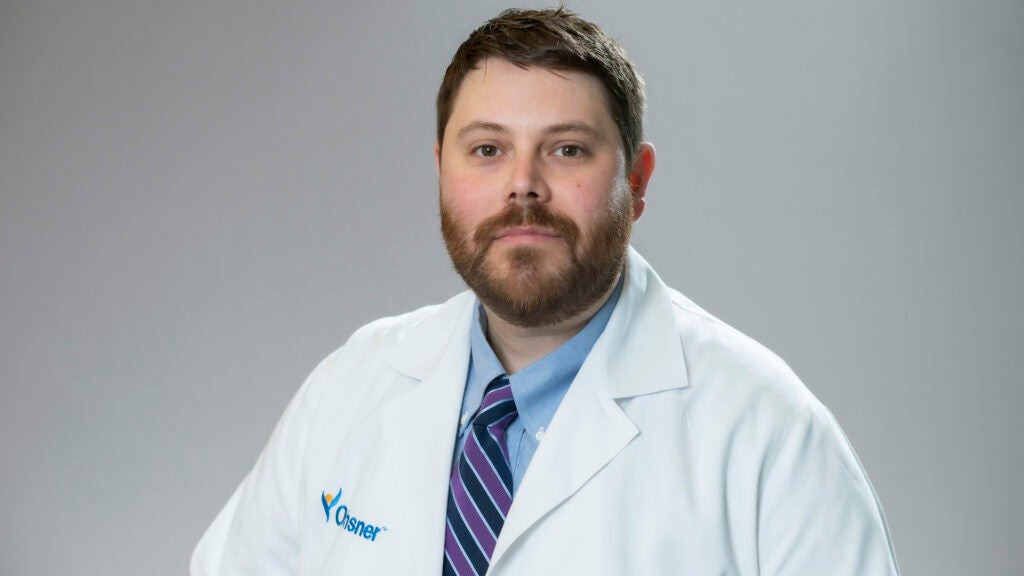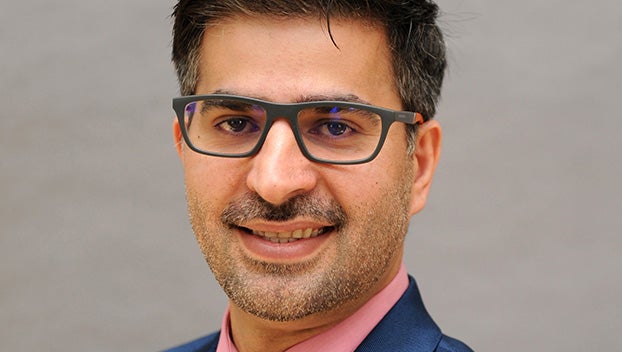Robotic Surgery: Utilizing Technology for Minimally Invasive Procedures
Published 1:08 pm Friday, December 29, 2023

- Jacob Dowden, MD
|
Getting your Trinity Audio player ready...
|
By Jacob Dowden, MD
“What is the difference between robotic and laparoscopic surgery?” Patients often ask this question, and it is common for most to think they are the same thing. Though they are similar, robotic and laparoscopic are different surgical techniques. Laparoscopic surgery involves using a laparoscope (a thin rod camera) and small instruments passed through small incisions.
People may think that robotic surgery means a machine or robot performs the surgery, but that is not the case. Similar to laparoscopic surgery, robotic surgery utilizes small instruments passed through small incisions except they are then attached to the robotic arms. The arms are controlled by the surgeon through an operative console, similar to a computer, allowing for controlled precision. Surgeons control the instruments at all times as their movements are transmitted through the console to the instruments.
The advantage of robotic surgery is that the visualization is better than laparoscopic surgery for the physician performing the surgery, and the instruments have a much more extensive range of motion. Even more so than the human wrist itself. Similar to a traditional surgery, surgical assistants are near the bedside to assist the surgeon by passing necessary equipment and even changing out instruments as needed.
Robotic surgery is safe and effective for just about any case which could otherwise be done through traditional open surgery. As with all surgeries, there are risks. Robotic surgical procedures typically allow for faster healing, shorter hospital stays, and advanced surgical techniques. It can also result in less blood loss and lower blood transfusion rates. Another advantage is that patients usually experience less pain during recovery and return to regular activity and work sooner.
Robotic surgery is available for major procedures in various specialties, including urologic surgery, gynecological surgery, cardiothoracic surgery and general surgery. Robotic procedures can include appendectomy, prostatectomy, colorectal, bariatric surgery, partial or radical nephrectomy, cystectomy, hernia repair and gallbladder removal among others.
Dr. Jacob E. Dowden is a hepato-pancreato-biliary and general surgeon with a focus in robotic general surgery and neuroendocrine oncology at Ochsner MD Anderson Cancer Center. He is originally from Lafayette, Louisiana. He received his undergraduate degree from Louisiana State University and medical degree from LSU Health Science Center in New Orleans. Following this he completed an internship and residency in general surgery at the University of Tennessee College of Medicine in Chattanooga, Tenn. He completed a fellowship in hepato-pancreato-biliary surgery at the Medical University of South Carolina in Charleston. Dr. Dowden is board certified by the American Board of Surgery and is a fellow of the American College of Surgeons. He has been on staff at Ochsner since 2020 and practicing medicine since 2015. Dr. Dowden’s expertise is in the treatment of benign and malignant diseases of the liver, pancreas, biliary system and gallbladder. He also practices general surgery with a particular interest in minimally invasive robotic surgery. To schedule an appointment with Dr. Dowden at Ochsner Health Center – Kenner (200 West Esplanade Ave, Kenner, LA), call 504-464-8506 or visit www.ochsner.org.





